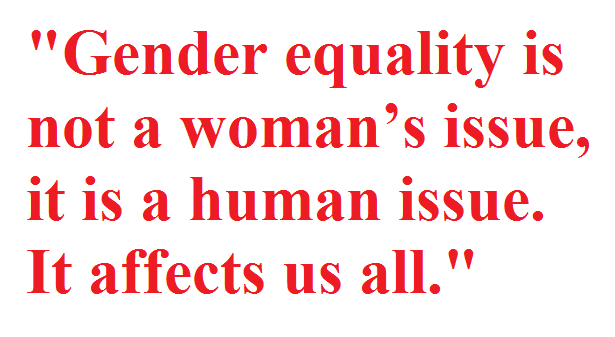Missing and Murdered Indigenous Women in Canada and United States
In 2014, Tina Fontaine, a member of the Sagkeeng First Nation in Canada was murdered. Her death garnered national attention as it highlighted the alarmingly high rate of violence against indigenous women in Canada. Such violence prompted the creation of the National Inquiry into Missing and Murdered Indigenous Women and Girls. After nearly three years of investigation, a report was published earlier this week that calls the treatment of indigenous women “a genocide.” The report included policy recommendations that seek to mitigate the violence and address its causes. As in Canada, native women in the United States disproportionately experience violence. A report conducted by the Department of Justice (DOJ) found that some counties in the U.S. have murder rates against indigenous women that are more than ten times the national average. Moreover, limited data and reporting on crimes against indigenous women and girls in the United States make it more difficult to understand the extent of the violence. According to a...




